Moscow is once again attempting to sway the outcome of U.S. elections, this time employing information operations with the help of allied leaders. The Kremlin’s narrative warns that a loss for Donald Trump could precipitate World War III. According to a directive from Russia’s Foreign Ministry, diplomats have been tasked with convincing the West of an increased threat of nuclear escalation from Moscow. The ministry believes previous nuclear threats have failed to produce the desired effect, as the West appears less intimidated by such tactics.
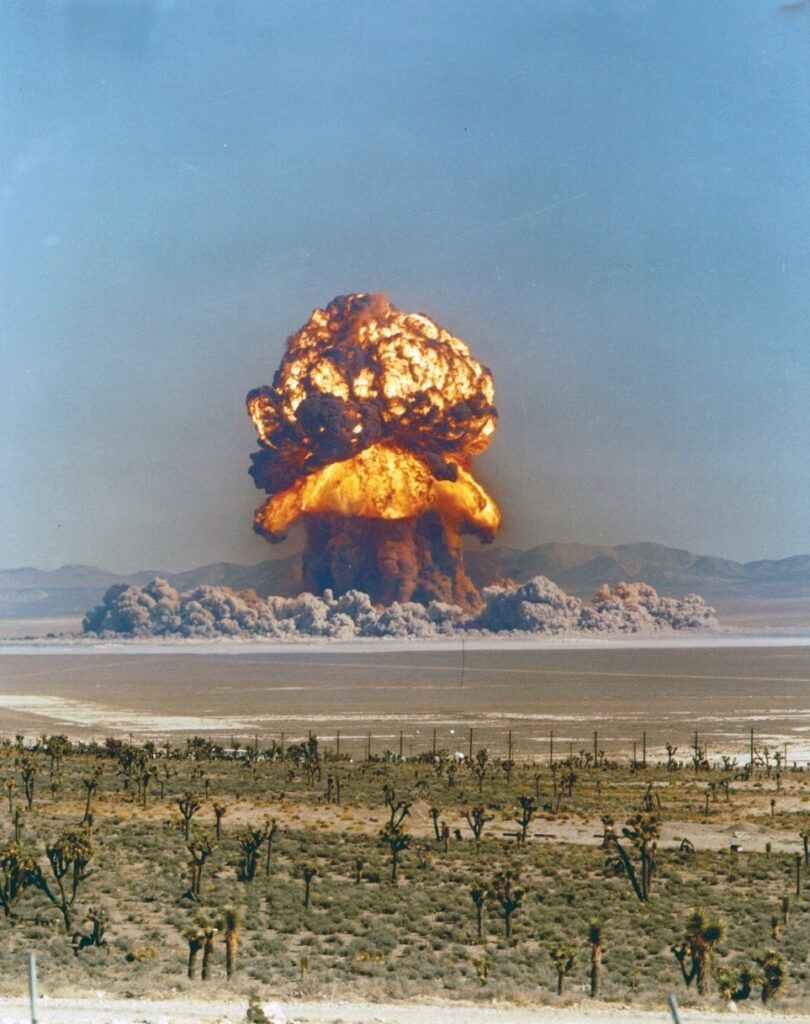
More on this story: Kremlin Continues to Intimidate the West with Nuclear War Threats
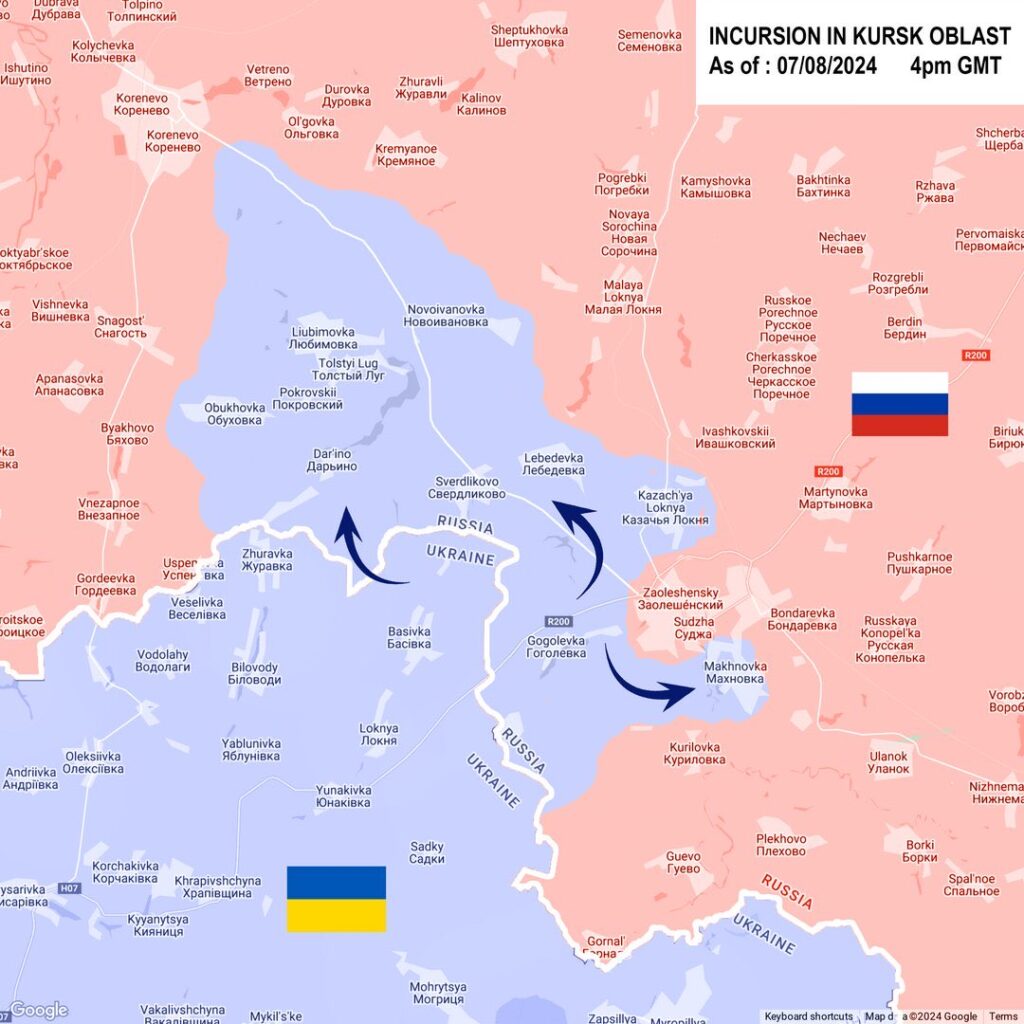
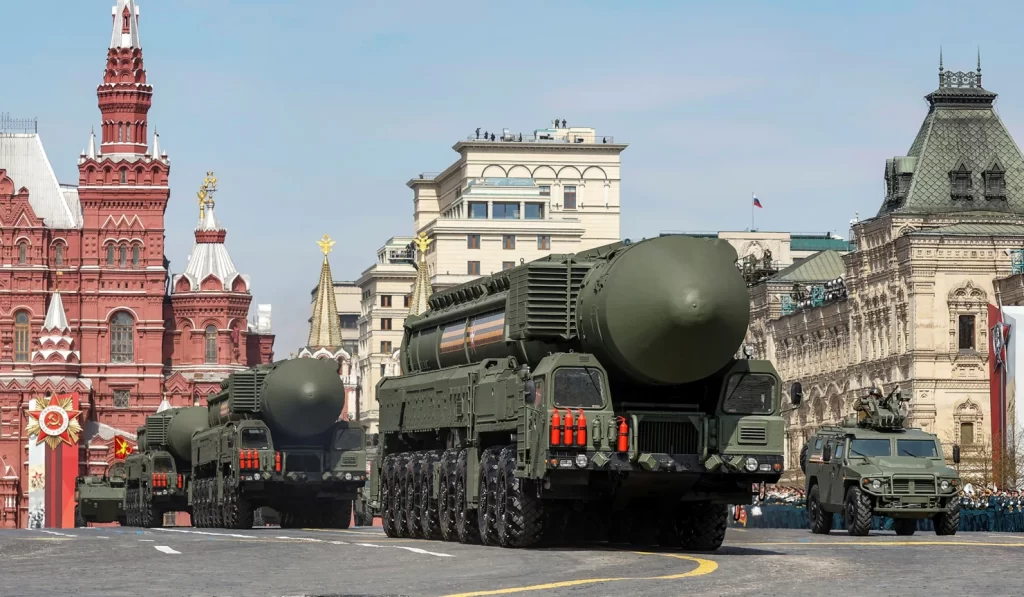
More on this story: Russia’s nuclear arsenal seems grossly exaggerated

More on this story: Russia still on with effort to meddle in U.S. elections

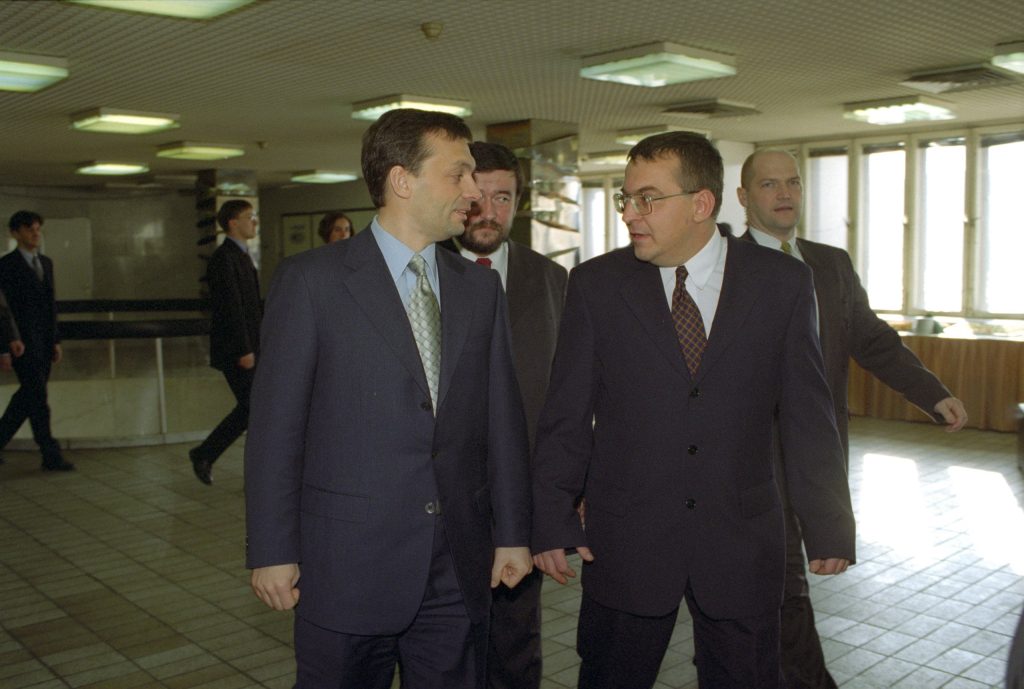
The Kremlin aims to exploit the upcoming U.S. elections to amplify this perceived threat, tying it to the potential for an undesirable scenario should Trump lose. Russian diplomats are instructed to present the West with an “escalation ladder,” detailing the steps Russia might take in response to Western actions.
Hungarian Prime Minister Viktor Orbán has echoed this narrative, suggesting that a Republican defeat could lead to global conflict. In doing so, Orbán has directly interfered in the U.S. presidential election, endorsing one candidate and spreading disinformation about the election’s potential consequences. This indicates that Orbán is participating in Moscow’s information operations, influencing the U.S. elections through misinformation.
Russian propaganda has tied peace in Ukraine to the cessation of Western military support, implying that Ukraine’s defeat is a prerequisite for peace. Budapest’s stance appears driven by the belief that a Trump victory would end U.S. military support for Ukraine, leading to Ukraine’s defeat and enabling Hungary to reclaim parts of Western Ukraine under deals made with Moscow.
Orbán, like Putin’s inner circle, seems intent on restoring the empire that collapsed after the Treaty of Trianon. However, such ambitions overlook the broader consequences: a diminished U.S. role as a global leader, erosion of trust from Middle Eastern and Southeast Asian allies, and emboldened Russian territorial expansion, potentially sparking conflict in the Baltic region. This could trigger U.S. military involvement under NATO’s Article 5.Despite these risks, there is skepticism about whether countries like Hungary would honor their NATO commitments, possibly opting for neutrality in the event of conflict.
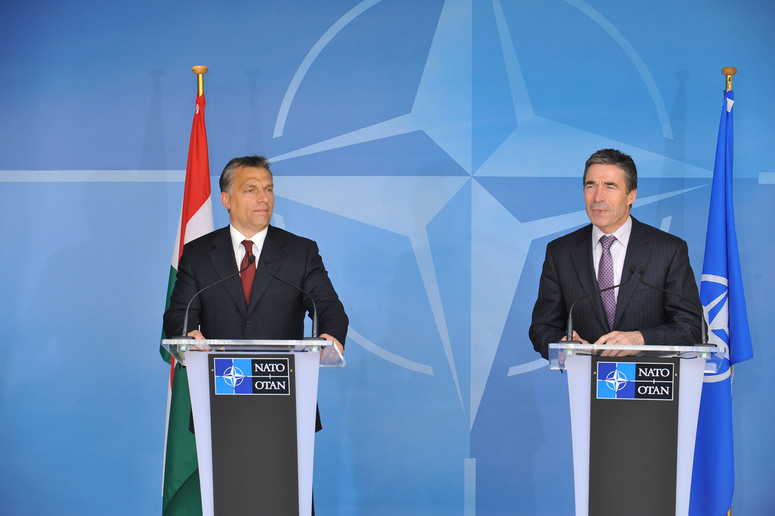

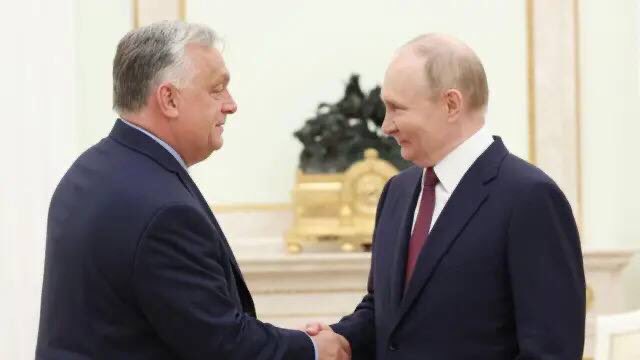
More on this story: Budapest Establishes Infiltration Channel for Russian Intelligence




